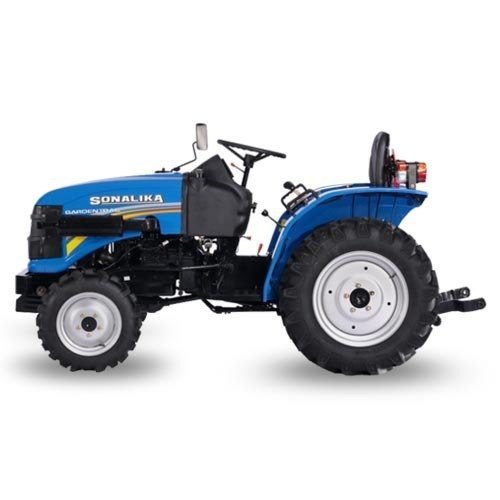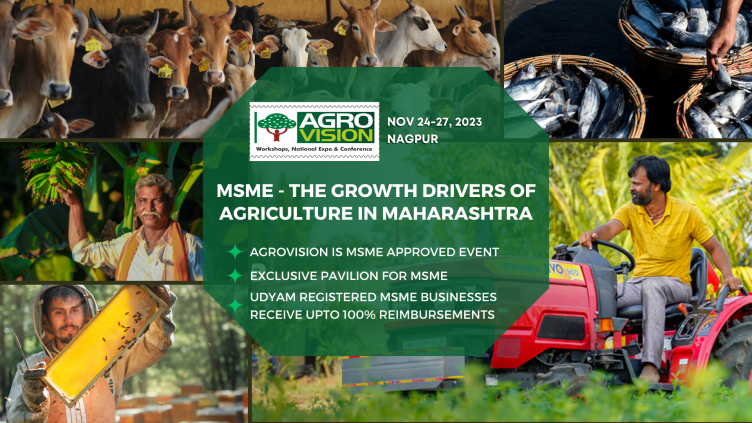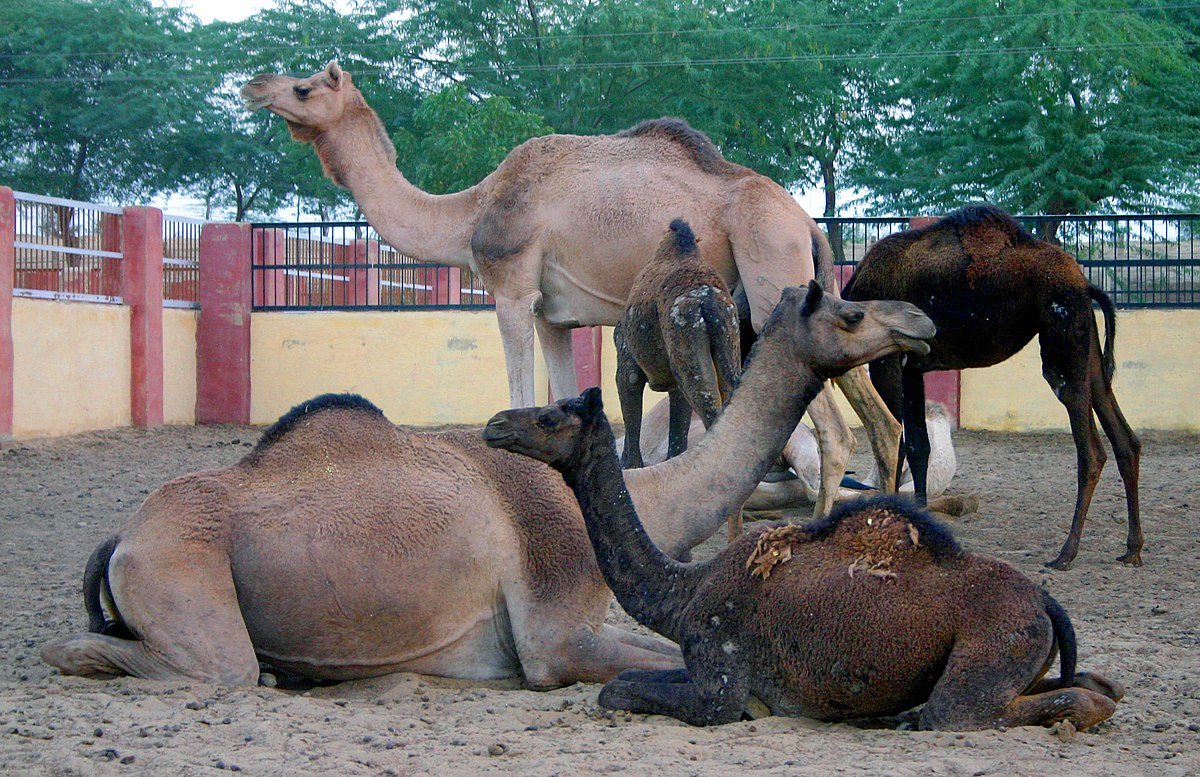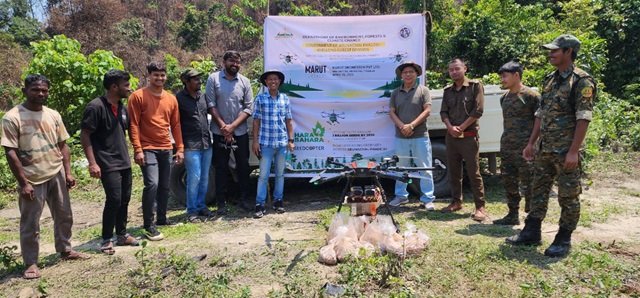Yara India and HarvestPlus Solutions inks MoU to revolutionise food systems by enhancing crop nutrition
To kickstart this comprehensive approach, a pilot program is underway, integrating 500 farmers in Gorakhpur district of Uttar Pradesh into the Zinc Wheat value chain.
Yara India, a subsidiary of Yara International and the world’s leading crop nutrition company, has signed a Memorandum of Understanding (MoU) with HarvestPlus Solutions (HPS). HPS’s objective is to seamlessly incorporate nutrient-rich seeds and foods into global agricultural systems, empowering vulnerable communities to boost their intake of essential vitamins and minerals.
Together they are committed to the successful implementation of the project “Establishing Nutri-Farms with Smallholder Farmers in India.” To kickstart this comprehensive approach, a pilot program is underway, integrating 500 farmers in Gorakhpur district of Uttar Pradesh into the Zinc Wheat value chain. The primary objective is to evaluate the feasibility, effectiveness, and impact of the approach, with the ultimate aim of expanding its reach to benefit a larger number of farmers and communities in the future.
The strategic partnership seeks to transform food systems through a focus on delivering nutritious food to all individuals, with a special emphasis on vulnerable communities. The project employs a comprehensive approach that combines the use of biofortified seeds with capacity strengthening of farmers in Good Agricultural Practices (GAP), including efficient nutrient management. This approach aims to enhance farm productivity and bolster farmers’ resilience toward food and nutrition security.
In ensuring a sustainable supply chain, the project facilitates the connection of farmers to relevant markets, enabling them to access businesses in the biofortified value chain. This not only contributes to improved food quality but also positively impacts the income and livelihoods of farmers. Additionally, the project fosters collaboration with public sector stakeholders to create an enabling environment for the adoption of nutrition-smart agricultural techniques.
Speaking on the occasion, Sanjiv Kanwar, Managing Director, Yara South Asia said, “We are delighted to collaborate with HarvestPlus Solutions on a transformative journey towards nutritional security, focusing on sustainable solutions to shape a nature positive food future. Our partnership focuses on enhancing farm productivity, improving food quality, uplift farmer livelihoods and revolutionize food systems for a healthier and more resilient future.
Ravinder Grover, Regional Coordinator – Asia, HarvestPlus said,” “We are excited to join hands with Yara India to set up nutrition smart farms in India. By combining our expertise, we aim to introduce innovative bundles that promote sustainable farming practices and enhance crop nutrition and yield. This collaboration stands as a testament to our shared dedication to building a healthier, more resilient future for communities around the world.”
To kickstart this comprehensive approach, a pilot














